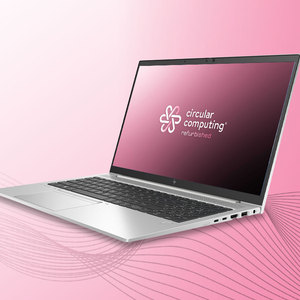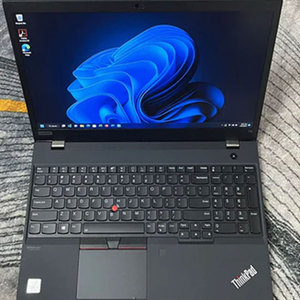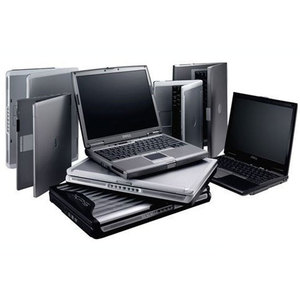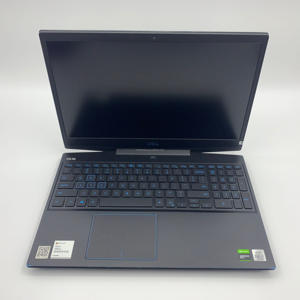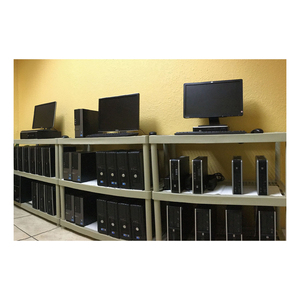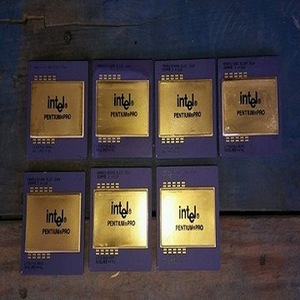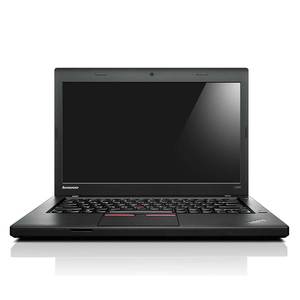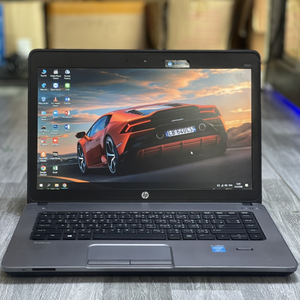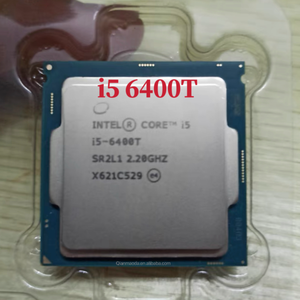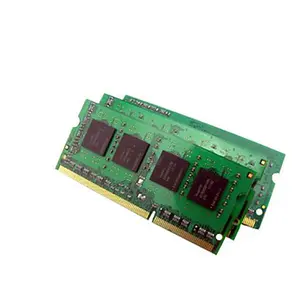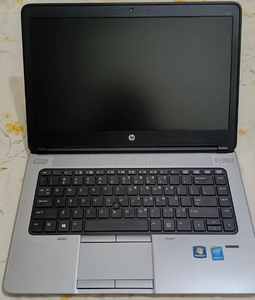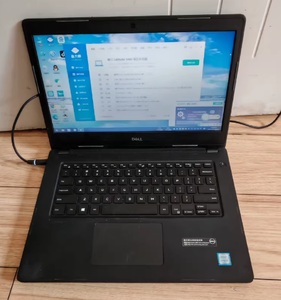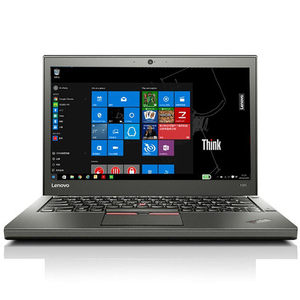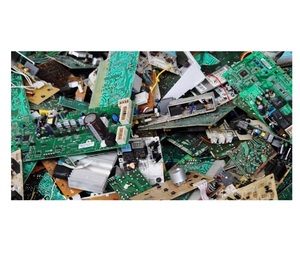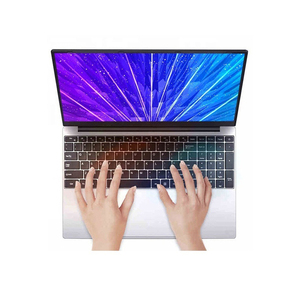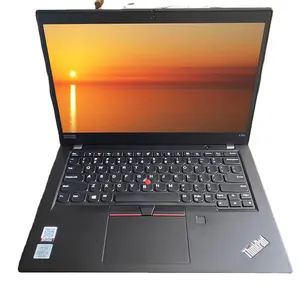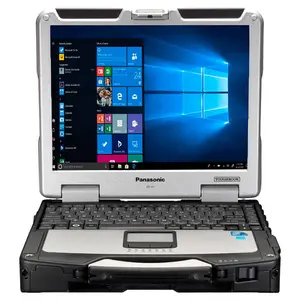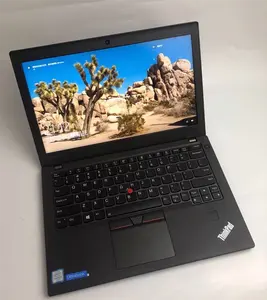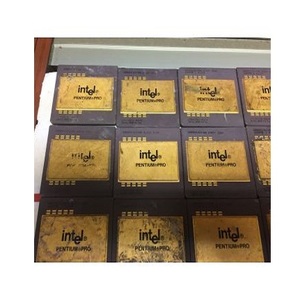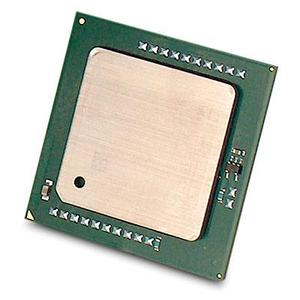Bulk Used Computers





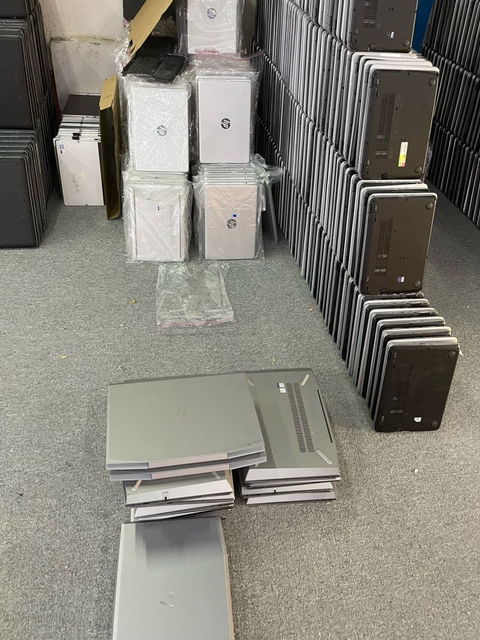

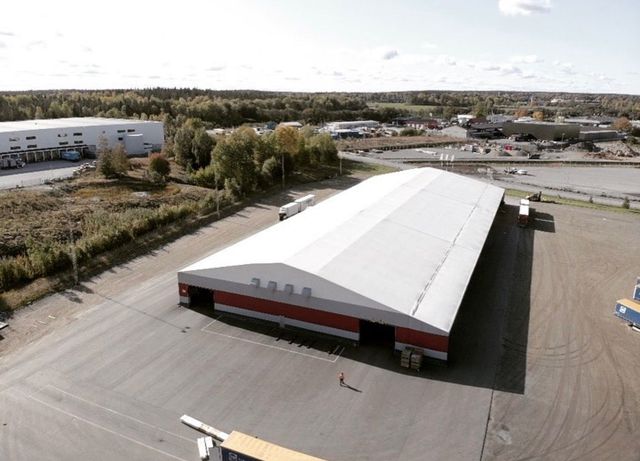

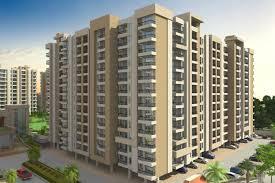




 1/1
1/1





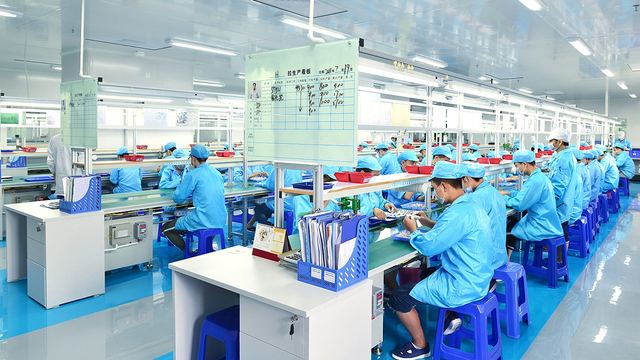



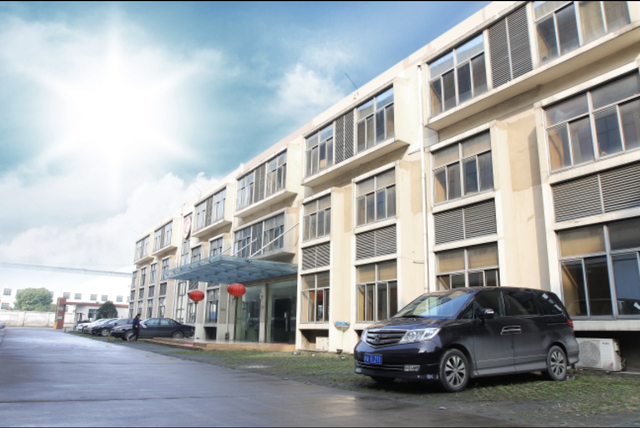

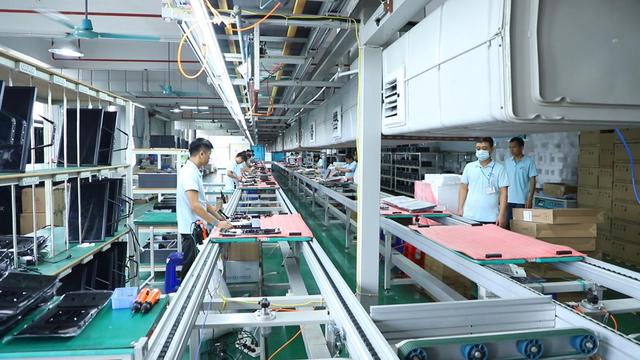




 1/9
1/9


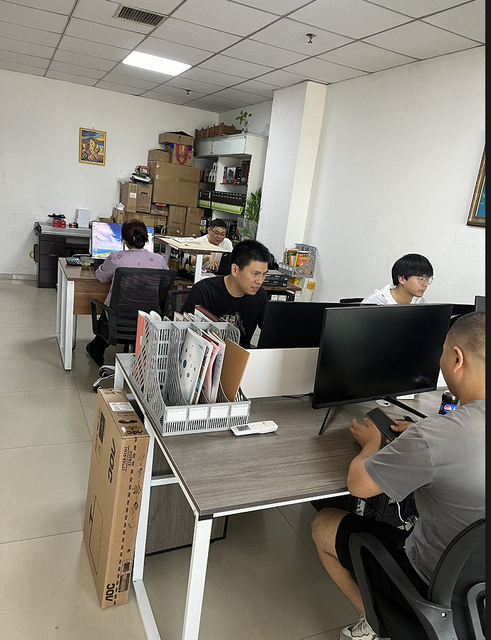

 CN
CN












About bulk used computers
Where to Source Bulk Used Computers Suppliers?
The global market for bulk used computers is primarily driven by specialized refurbishment hubs in China, particularly within Shenzhen and Guangdong province, where integrated electronics recycling and testing ecosystems enable high-volume processing of enterprise-grade devices. These regions host vertically aligned operations that combine logistics, diagnostics, component-level repair, and data sanitization, allowing suppliers to process 500–2,000 units monthly with consistent quality grading. Proximity to major ports and established export channels reduces lead times, typically enabling shipment within 7–15 days after order confirmation for ready-stock configurations.
Suppliers in this sector often operate within mixed-product industrial zones, leveraging cross-category synergies in consumer electronics and IT hardware. Key advantages include access to standardized testing equipment (e.g., PC-Doctor, MemTest86), economies of scale in packaging and shipping, and mature reverse logistics networks that source corporate off-lease and educational institution decommissioned fleets. Buyers benefit from competitive pricing—typically ranging from $40–$60 per unit for entry-level models to over $500 for premium business laptops—alongside flexible MOQs starting from single pieces to container-load orders.
How to Evaluate Bulk Used Computers Suppliers?
Procurement decisions should be guided by structured supplier assessment protocols focusing on technical reliability, operational transparency, and transactional performance.
Product Quality & Grading Standards
Verify whether suppliers adhere to internationally recognized grading systems (e.g., A/B/C grade classification) based on cosmetic condition, battery health, and functional integrity. Request detailed inspection reports covering HDD/SSD replacement status, RAM verification, OS reinstallation procedures, and BIOS reset protocols. For compliance-sensitive markets, confirm adherence to NIST 800-88 data sanitization standards or equivalent certified wiping processes.
Production and Refurbishment Capacity
Assess operational scale through key indicators:
- Minimum monthly throughput of 500+ units for sustained bulk supply
- In-house technical teams capable of hardware upgrades (RAM, SSD, battery)
- Dedicated QC stations performing burn-in tests and stress evaluations
Cross-reference self-reported output with on-time delivery rates and reorder frequency to validate scalability and consistency.
Transaction Reliability & Risk Mitigation
Prioritize suppliers offering verifiable response metrics (target ≤5 hours) and documented on-time delivery performance. Utilize secure payment frameworks such as escrow services to ensure product conformity prior to fund release. Conduct sample testing to benchmark boot time, thermal performance, and peripheral functionality against specifications before full-scale procurement.
What Are the Leading Bulk Used Computers Suppliers?
| Company Name | Main Products | Min. Order Quantity | Price Range (USD) | On-Time Delivery | Avg. Response | Reorder Rate | Online Revenue |
|---|---|---|---|---|---|---|---|
| Shenzhen Bostart Technology Co., Ltd. | Used Laptops, Business & Education Models, Mobile Phones | 5 sets | $76–$119 | 86% | ≤3h | 29% | US $170,000+ |
| Shenzhen Hezhiyuan Technology Co., Ltd. | Business, Gaming & Student Laptops, Mini PCs | 3 pieces | $81–$563 | 92% | ≤4h | <15% | US $20,000+ |
| Alpia Trading GmbH | Refurbished Business Laptops, Copy Paper, Plant Oil | 1 piece | $100 | - | ≤5h | - | - |
| Zeenat Gand Inc | Used Laptops, Desktop Sets, Energy Drinks | 1 piece | $40–$60 | - | ≤6h | - | - |
| JAMNAGAR UGANDA LIMITED | CPU Scrap, Aluminum & Copper Waste, Spices | 25 kg | $9–$12/kg | - | ≤8h | - | - |
Performance Analysis
Shenzhen-based suppliers dominate in both volume and responsiveness, with Shenzhen Bostart and Hezhiyuan demonstrating higher delivery reliability (86–92%) and active transaction histories. Shenzhen Hezhiyuan offers the widest price range, reflecting capacity for both budget and high-end enterprise models, while maintaining strong fulfillment performance. Alpia Trading and Zeenat Gand provide low MOQ options ideal for trial orders but lack verified reorder metrics, indicating potential limitations in long-term scalability. JAMNAGAR UGANDA LIMITED operates in a distinct niche—used CPU scrap—catering to recyclers rather than functional device buyers. For operational continuity, prioritize suppliers with documented delivery records and response times under 5 hours.
FAQs
How to verify the authenticity of used computer suppliers?
Cross-check company registration details and request evidence of physical facilities via video audit. Analyze transaction patterns including order frequency, customer location spread, and feedback on platform-verified deals. Demand serial number traceability and proof of corporate-origin sourcing to mitigate risks of stolen or blacklisted units.
What is the typical lead time for bulk used computer shipments?
Standard lead time ranges from 7–15 days for in-stock items once payment is confirmed. Custom configurations involving RAM/SSD upgrades may extend processing by 3–7 days. Air freight adds 5–10 days globally; sea freight requires 20–40 days depending on destination port.
Can suppliers provide warranty and after-sales support?
Most reputable suppliers offer 3–12 month warranties covering critical components (motherboard, screen, battery). Clarify return policies, repair turnaround times, and availability of replacement units during service periods. Confirm whether support is handled directly or through third-party agents in your region.
Do suppliers allow mixed-model bulk orders?
Yes, many suppliers accommodate mixed batches of laptops and desktops from different brands (HP, Dell, Lenovo) provided minimum quantities per model are met. This flexibility supports diverse deployment needs across departments or user groups.
How to negotiate pricing for large-volume purchases?
Leverage incremental discounts by scaling order size beyond 100 units. Negotiate added value such as free shipping, extended warranty, or inclusion of accessories (chargers, carrying cases). Use competitive quotes from multiple suppliers to establish benchmark rates and improve leverage during discussions.


